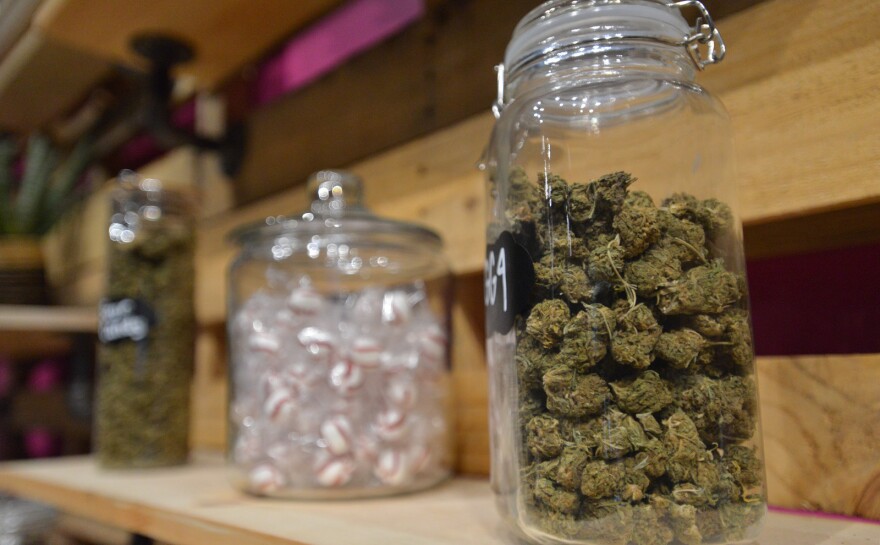Cherokee Tribe Sets Precedent in North Carolina with Medical Cannabis Legalization
LOS ANGELES- In a landmark move, the Cherokee tribe in North Carolina has utilized its sovereignty to legalize medical cannabis within its territory, paving the way for significant economic and healthcare changes in the region. This development comes amidst the ongoing stagnation of Senate Bill 711, which seeks to regulate medical cannabis statewide but remains pending, leaving medical cannabis inaccessible to the broader population of North Carolina.
The Cherokee tribe, a sovereign entity within the state, operates under its laws, governments, and institutions. Their decision last year to approve the cultivation, sale, and use of medical cannabis on their land was informed by increasing evidence of cannabis’s medical benefits, particularly for conditions like cancer and chronic pain.
Cherokee Tribe Medical Cannabis Plans
The tribe’s foray into the medical cannabis industry is expected to create significant employment opportunities. The endeavor aims to employ approximately 400-500 workers once fully operational. The EBCI Cannabis Board, established by the tribe, will oversee the medical cannabis retail operations, including the issuance of cards permitting the purchase of cannabis. These cards will be available to qualified patients over 21 years of age.
Cherokee leaders have also indicated that non-tribal members can access the dispensary, provided they meet the necessary criteria and possess the requisite card. However, purchases will be regulated, with patients limited to one ounce of cannabis per day, not exceeding six ounces monthly, or 2,500 milligrams of THC daily, with a monthly cap of 10,000 milligrams.
Native American Tribes Taking The Lead
The autonomy of Native American tribes in regards to cannabis laws has allowed them to independently legalize, grow, and sell cannabis within their territories. This freedom has enabled several tribes to enter the cannabis industry effectively. A notable example is the St. Regis Mohawk Tribe in New York, which had prepared regulations since 2019 and commenced sales promptly after the state legalized cannabis.
Similarly, the Shinnecock Indian Nation on Long Island is progressing towards opening a medical cannabis dispensary early next year, in collaboration with TILT Holdings. This venture will mark the first tribe-owned dispensary in the area.
The involvement of Native American tribes in the cannabis industry signifies not just a step towards healthcare improvement but also a considerable opportunity for economic development and job creation within tribal communities. As these tribes chart their course in the burgeoning cannabis market, they offer a unique model of indigenous self-determination and economic innovation.



































